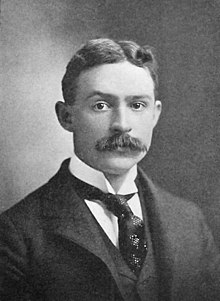Critically evaluates the validity of motor theory in explaining mental processes. Motor theory is one of the most vital movements in modern psychology. However, it might not be justified by the fact in its extreme form. Opines that it is right in emphasizing the part played by kinesthetic qualities in every domain, and that it is also correct in asserting that no mental process can be understood in and of itself. However, not all qualities of perception or memory are of motor origin. The higher mental functions, also, cannot be explained in terms of movement alone. To identify motor theory with a functional psychology would be incorrect. Movement cannot be regarded as the cause of any of the antecedent conscious states. All action is sensori-motor, so that movement alone cannot explain consciousness any more than sensation alone can.
 What's interesting is that this abstract was published more than a century ago in 1911 by Walter B. Pillsbury. Pillsbury (1872-1960) was an American psychologist who taught at the University of Michigan for 60+ years. He was in the vanguard of the experimental psychology movement and made a name for himself studying attention and reasoning, and for writing some influential texts on psychology. He was elected President of the American Psychological Association in 1910 and to the National Academy of Sciences in 1925.
What's interesting is that this abstract was published more than a century ago in 1911 by Walter B. Pillsbury. Pillsbury (1872-1960) was an American psychologist who taught at the University of Michigan for 60+ years. He was in the vanguard of the experimental psychology movement and made a name for himself studying attention and reasoning, and for writing some influential texts on psychology. He was elected President of the American Psychological Association in 1910 and to the National Academy of Sciences in 1925. The abstract is for his paper titled, "The place of movement in consciousness", which he delivered as his Presidential Address at the APA annual meeting. Pillsbury saw value in thinking about the contribution of the motor system in explanations of higher level psychological processes and more broadly the role of the body on psychological experience (e.g., the James-Lange theory of emotion), but he also felt that the motor theories of his day had gone too far. Amusingly he wrote,
A reader of some of the texts lately published would be inclined to believe that there was nothing in consciousness but movement, and that the presence of sense organs, or of sensory and associatory tracts in the cortex was at the least a mistake on the part of the Creator.History indeed repeats itself.
Pillsbury, W. B. (1911). The place of movement in consciousness. Psychological Review, Vol 18(2), 83-99.
1 comment:
Very cool "excarvation!"
Post a Comment